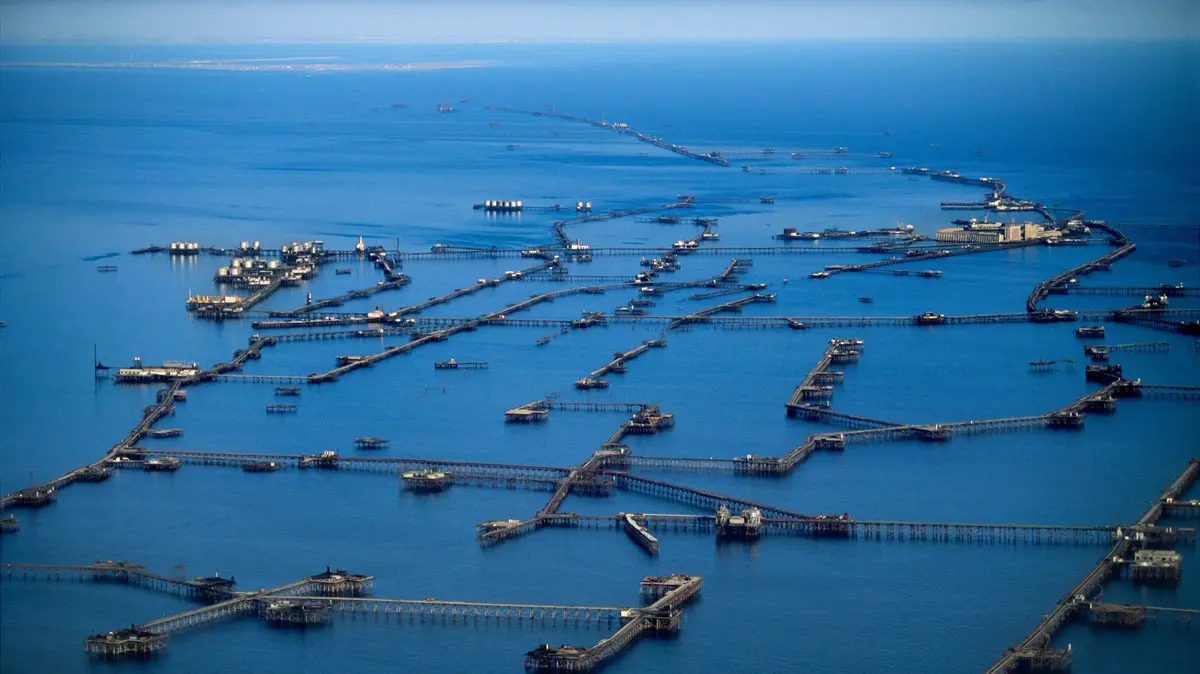Aleppo-Sana
The cotton oil plant in the Neirab region of Aleppo began producing oil for the third season after its rehabilitation and restoration as a result of damage caused to it due to terrorism, with a daily production capacity of 100 tons of oils within the planned annual plan to produce 2500 tons.
Engineer Burhan Hanino, director of the plant, said in a statement to SANA's correspondent that the plant was rehabilitated and the machines were maintained with national and local hands and expertise. The quantities produced after the start of work in the current season reached 1,400 tons of oil.
According to Hanino, the plant consists of main halls that include machines and production lines that start with shavers of cotton seeds, lint, mills, presses and refining solvents.
Hanino pointed out that the factory’s production of cotton oils is marketed through the Syrian Trade Corporation, where 700 tons of oil were marketed during the past year to the local markets, noting the quality of the product and its price competition for oils in the markets, pointing at the same time to some difficulties facing work, especially The low availability of raw materials for cotton seed production, in addition
to the limited number of cadres and manpower.
In the sifting hall, Engineer Mohamed Sharm, Head of the Technical and Productivity Division at the plant, explained that the seed sifting operations are carried out using devices called shakers to separate dirt and dust from it and transfer the seeds to the second hall “shavings” to sort the lint of seeds from the chaff. After that, the lint material is withdrawn and converted into bales. Tons per day now, while its daily production capacity before being destroyed was 400 tons per day.
In the mills section, Anas Al-Zeer, head of the department, explained that the processes of separating the seed husk from the pulp, which are transferred to the mills, to be squeezed, while the husk is packed for use as animal feed.
In the contemporary department, Muhammad Abu Ras, head of the department, gave an explanation about the process of roasting the seeds at 100 degrees to be squeezed after that and filtering the oil and sending it to the refining and packaging department in packages to be marketed later.
Qusay Razzouk








